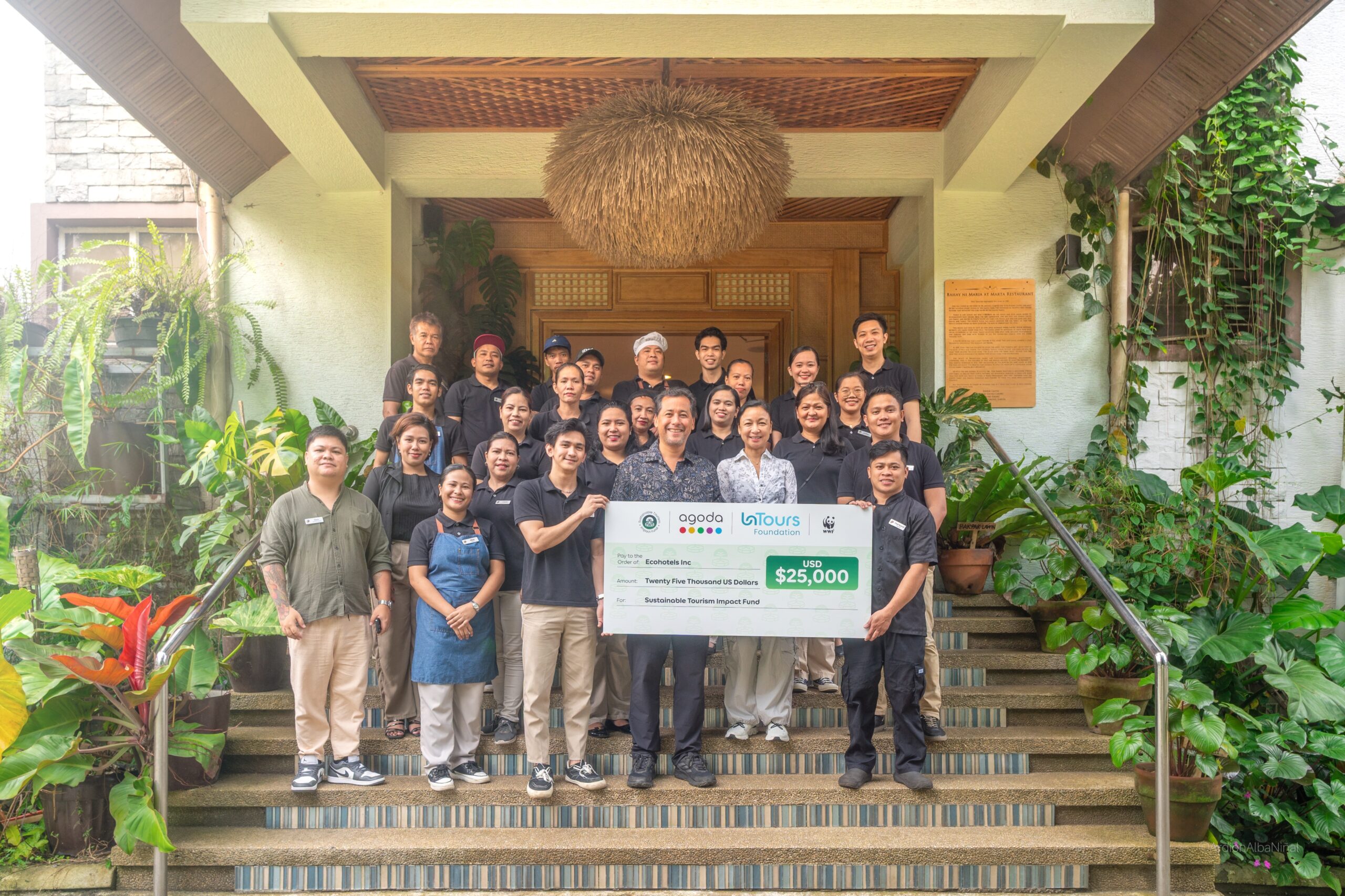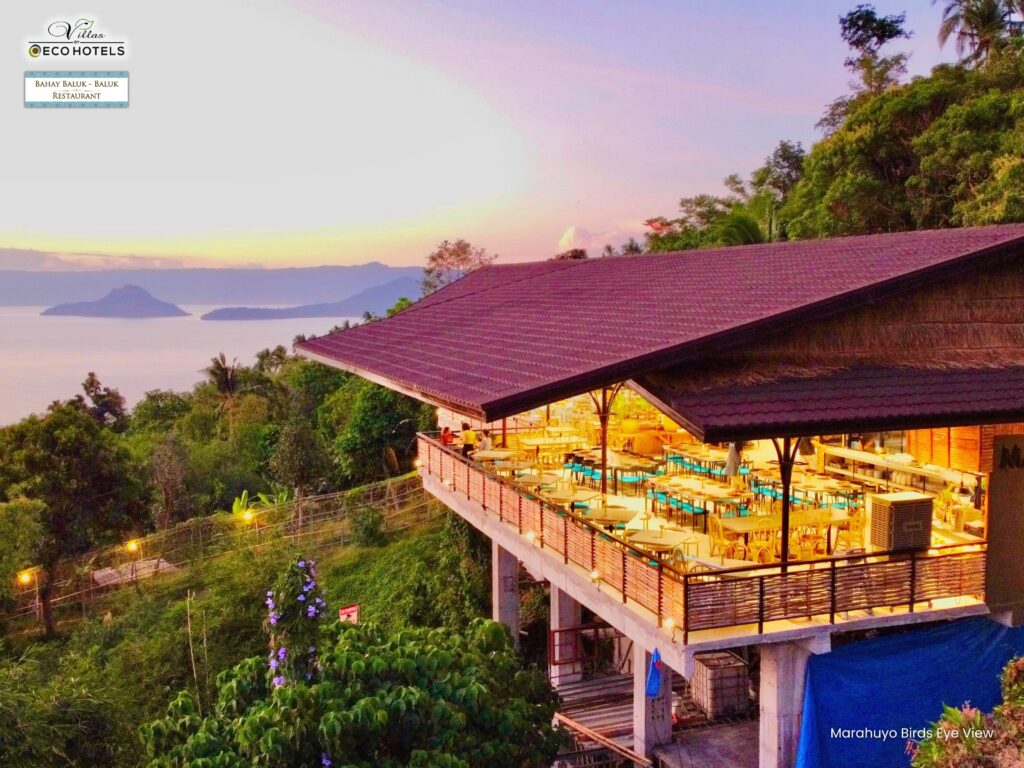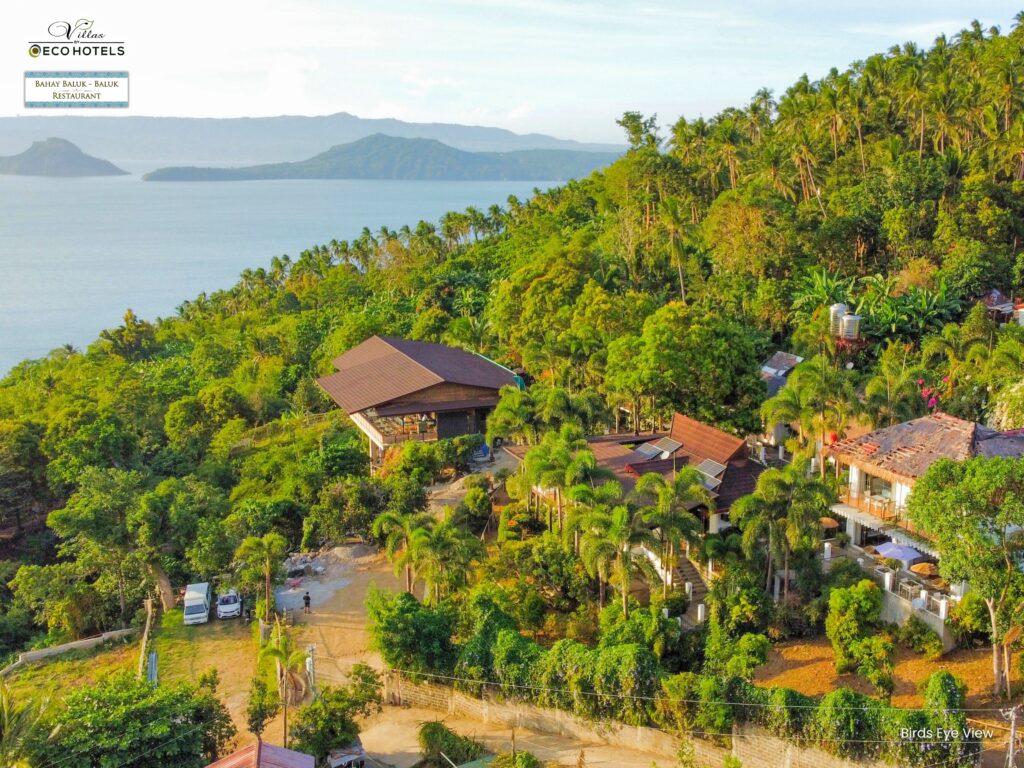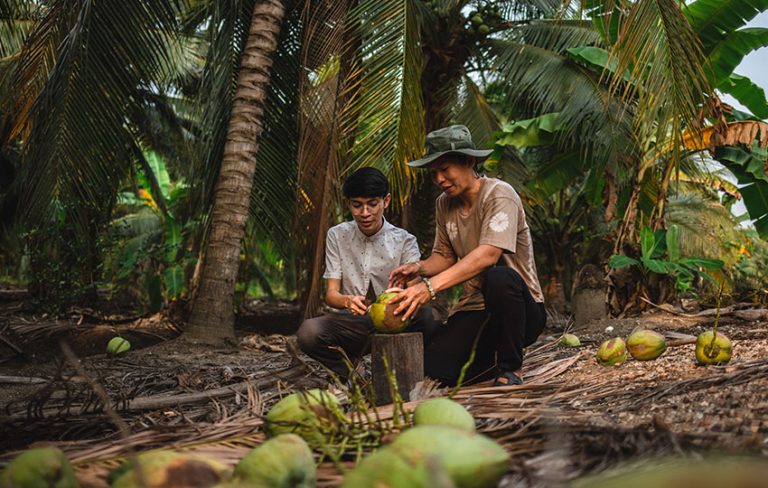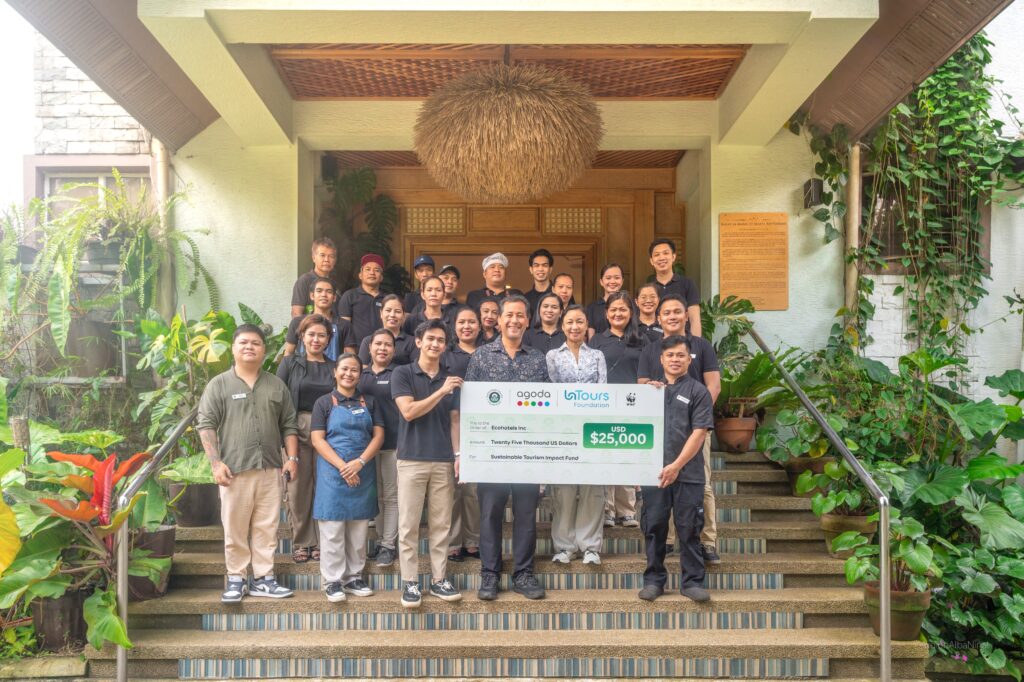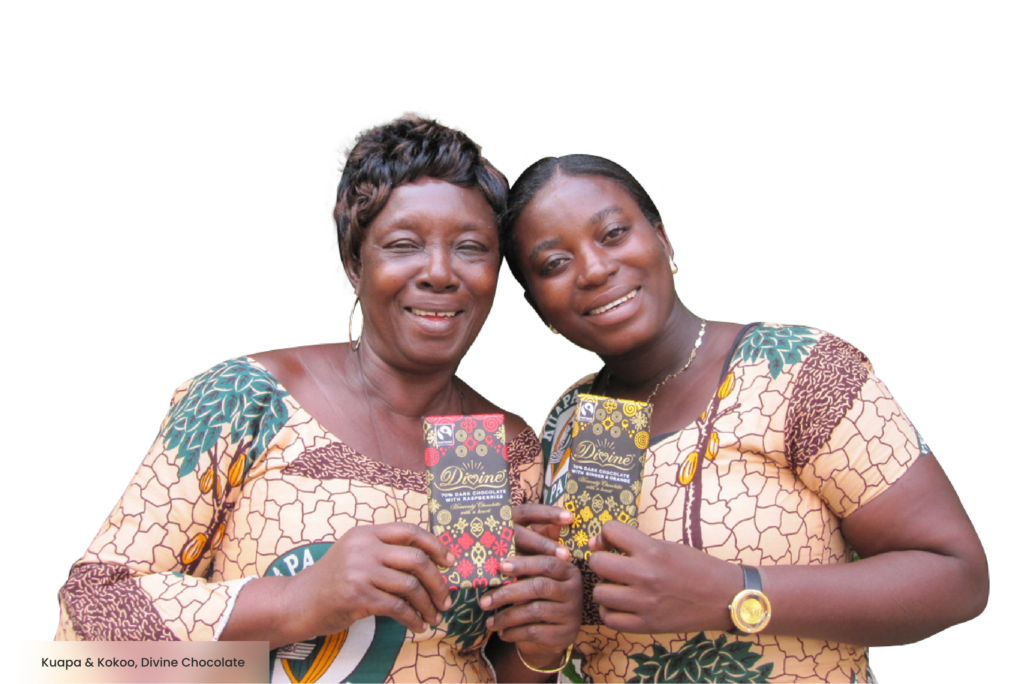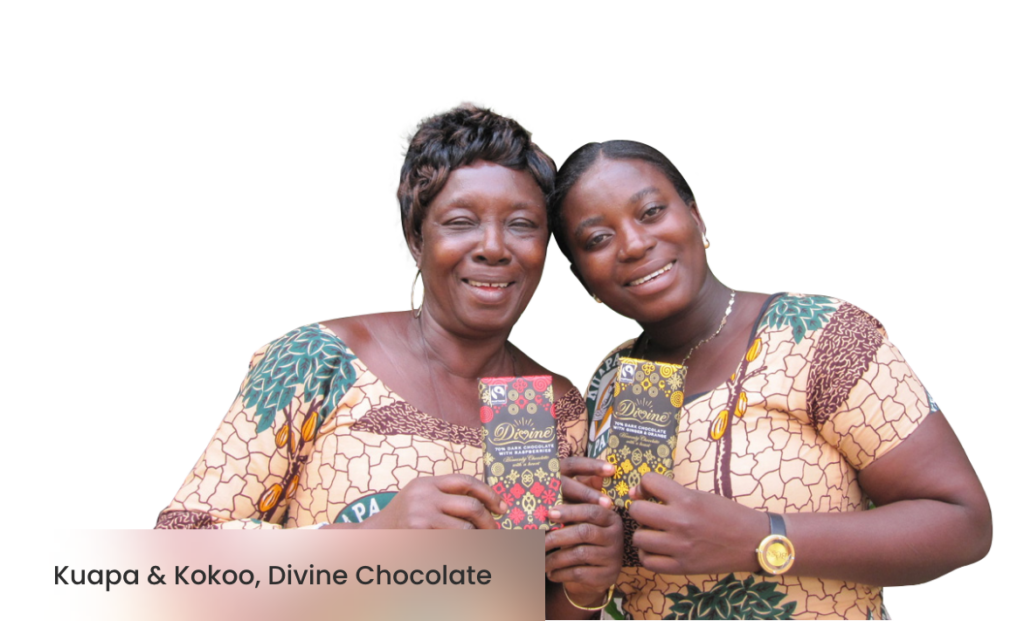Eco Hotels Philippines is redefining what it means to stay sustainably in the Philippines. Founded by husband and wife team Alessandra Atienza and Don Ramon Bagatsing, the company was created to show that hospitality can be both regenerative and refined. What began in 2013 as a single eco-lodge in Tagaytay built from recycled materials has grown into a nationwide network of eco-hotels, farm-to-table restaurants, and regenerative farms. Each property reflects the couple’s belief that business should serve people and the planet through circular design, environmental care, and meaningful local partnerships.
From solar-powered container suites to artful interiors crafted from repurposed wood and recycled materials, every Eco Hotels property tells a story of resourcefulness and regeneration. Its Bahay Farms supply organic produce and free-range eggs to on-site restaurants, while food waste is composted to feed livestock and enrich the soil. Across each location, the team works with nearby communities on projects like waste management, reforestation, and clean water access, ensuring that the benefits of tourism extend beyond the hotel walls.
The Eco Hotels Origin Story
Alessandra and Don first met through their shared love of fitness and travel. Both were triathletes who spent their weekends exploring the Philippine countryside, visiting islands, mountain villages, and coastal communities. Those journeys opened their eyes to the fragility and beauty of the environment and how tourism, when done carelessly, could harm the very places it sought to celebrate. They began to imagine a new kind of hospitality, one that would make travel an act of restoration rather than depletion.
Alessandra brought her background in hotel and restaurant management and years of experience in real estate development. Don contributed his strategic acumen and passion for community building. Together, they launched Eco Hotels in 2013, beginning with properties designed from locally sourced and reclaimed materials such as typhoon-felled wood, handmade bricks, and shipping containers.
As their vision took shape, Eco Hotels became a reflection of their shared belief that business can be a tool for regeneration. What started as an experiment in sustainable living evolved into a growing network of eco-lodges, restaurants, and Bahay Farms that showcase the power of hospitality to restore balance between people and nature.
How Eco Hotels Is Making A Positive Impact
Eco Hotels operates at the intersection of sustainable design, environmental innovation, and community empowerment. Every property is built to minimize its footprint, integrating solar energy, passive cooling, and rainwater systems. The company’s circular approach transforms waste into resources: kitchen scraps become compost, discarded plastics are turned into art installations, and reclaimed wood becomes furniture.
More than 90% of employees come from surrounding communities, many entering the hospitality industry for the first time. Eco Hotels offers mentorship, training, and upward mobility, with interns becoming managers and local artisans shaping the design identity of each property. In Batangas, Eco Hotels partnered with the local barangay to build a deep well that now provides clean water for more than 1,000 residents. In towns without waste collection systems, the company leads composting programs, recycling drives, and incentives for households to adopt sustainable practices.
The Bahay Farms initiative is central to the company’s regenerative model. Located near rural hotels, these farms employ local farmers and supply ingredients to Eco Hotels’ restaurants. Organic compost from hotel kitchens feeds the soil, while endemic trees and plants restore local ecosystems. The team aims to plant 100,000 trees within five years, including bamboo and native hardwoods that support biodiversity and carbon sequestration.
Education is also a key focus. Alessandra is completing her doctorate in sustainability and recently founded the Eco-Sustainability Foundation to train green workers across the Philippines. The foundation provides education in regenerative agriculture, sustainable hospitality, and environmental leadership, ensuring that rural communities can thrive as guardians of the country’s natural and cultural heritage.
Why the UnTours Foundation Invested in Eco Hotels
We invested in Eco Hotels because it demonstrates how hospitality can become a tool for regeneration. The company’s thoughtful design, local partnerships, and deep environmental ethics align with our belief that tourism should enrich both travelers and the destinations they visit. Alessandra and Don have built a brand that balances creativity with integrity, proving that sustainability and success can coexist in the travel industry. Eco Hotels’ focus on circular design, community employment, and education makes it a model for regenerative tourism in Asia. Its work to also develop Bahay Farms and the Eco-Sustainability Foundation will create long-term systems change by building local capacity and fostering a culture of stewardship.
This investment is part of our partnership with Agoda and WWF Singapore through the Sustainable Tourism Impact Fund, which supports small and growing tourism enterprises across Southeast Asia that protect biodiversity, strengthen communities, and advance a more sustainable future for travel. Eco Hotels stands out for transforming sustainability from a concept into a practice, one that invites every guest to take part in restoring the environment and uplifting local lives.
How You Can Support Eco Hotels
You can support Eco Hotels by booking a stay at one of its eco-lodges, dining at its farm-to-table restaurants, or visiting Bahay Farms to experience regeneration in action. Every visit helps create jobs, support small farmers, and restore natural ecosystems.

